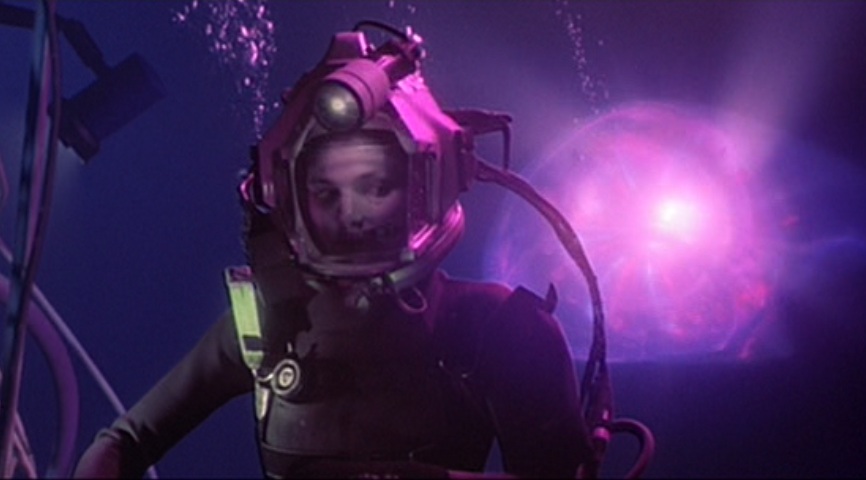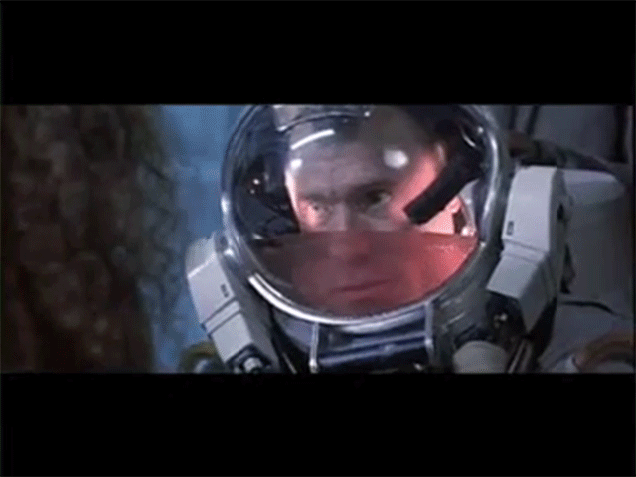Obstacles and Opportunities in the Red Sea of Transition (Ex. 14)

This is the message I brought to New Garden Friends Meeting on August 30th, 2015.
I hope, in the time that we have together, to begin to open up a terrain for all of us in the face of three critical transitions that this NGFM is facing:
- The pastoral transition of Margaret Webb and family
- The leadership transition of Max Carter from Friends Center director
- The community transition in the fact that you’ve been expelled from your Yearly Meeting.
I want to approach this topic of transition by looking at the Exodus 14 and the Hebrew people’s Flight from Egypt and crossing over the Red Sea.
I see the Hebrews’ crossing the Red Sea as a metaphor for what it means for the people of God to face the tragic reality of what it means to remain faithful in the face of change.
Or another way to put this is:
The Red Sea signifies a deeply transformative experience for those who pass through and learn how to embrace change as an opening, rather than an obstacle, for growth.
In moments of great transition and change, such as you are facing, there is no guarantee that we will learn, and grow from these events. For some, what you face may become an obstacle to growth, but in our desire to pursue wholeness, let’s commit to seeing all of these things as openings or opportunities for greater depth of presence, prayer, and commitment to communal listening.
Similar to the Hebrews, you have been cut free from the security that you have known for a very long time.
And similar to the Hebrews, you at New Garden, face and unknowing and uncertain future. And even if it is exciting, you may still want to know where it will lead you and where you are in all of it.
And so I want to invite you to consider: What are you learning about yourselves and your relationship to God in these moments? How will you respond?
Turning Back
In our text this morning, the first reaction of the Children of God is to want to back.
They want to turn back because they feel trapped.
They are vulnerable and not equipped to handle the weapons of Pharaoh’s army, and the waters of the Red Sea.
And because of these feelings of vulnerability, they begin to question and doubt internally. “Was this really the right move? What have we done? Clearly we were wrong to ever leave Egypt.”
Like a lost driver who finds herself at the end of a cul-de-sac, the Israelites appear to have hit a dead-end.
Now what?
I think their response is very much how I respond in these situations. We are so quick to want to resolve the tensions in life rather than to rest in them. So they say to Moses:
“They said to Moses, “Was it because there were no graves in Egypt that you have taken us away to die in the wilderness? What have you done to us, bringing us out of Egypt? Is this not the very thing we told you in Egypt, ‘Let us alone and let us serve the Egyptians’? For it would have been better for us to serve the Egyptians than to die in the wilderness.” (Exodus 14:11–12)
They want to know what the quick fix is. They begin trying to locate the exit sign over the back door.
Disruptions and Drowning
But in these moments of great shifting in our lives, rather than make a u-turn, we need to fully re-commit to letting go of control. Settle into, what my a friend of mine calls, “the experience of the experience.”
How many of you are aware of Godly Play?
In the training, they say when there is a disruption in the circle, when kids are distracted or distracting others, do not break from the story or get hooked. Instead, the first step for response is to sink deeper into the story as the storyteller. Re-center and keep moving through the distraction.
And this is exactly what Moses does:
“Do not be afraid, stand firm, and see the deliverance that the LORD will accomplish for you today; for the Egyptians whom you see today you shall never see again. The LORD will fight for you, and you have only to keep still.” (Exodus 14:13–14)
Instead of freaking out, blaming or throwing his own fit, Moses, doesn’t get hooked by the groups reaction. He remains focused and invites them to stand on their own two feet, to have courage, and to sink deeper into their own story.
Or take for example the James Cameron movie, the Abyss:
I want to offer a really crude image but one that is strangely comforting to me. This idea of being caught in the in-between of transition and not just bailing on the whole thing reminds me of the scene from the movie abyss, with Ed Harris and Mary Elizabeth Mastrantonio, where they put their helmets on and then the helmets begin to fill with liquid they will breath so they withstand the extreme depths in the ocean.

The natural, intuitive response is to fight for oxygen, to struggle back into what we know, to try and rip the helmet off.
But the trick is to try and relax, to get the air out of your lungs and to, in a sense, die. The person coaching Ed Harris in this scene remains calm and says, “don’t hold your breath, just breathe in. It’s going to be okay.”
We need to let go of our own reactions, we need to go deeper into the story of our community and the discernment that we have participated in.
Instead of fighting, we need to just slowly breathe it in.
Go deeper into your commitment of the task at hand.
Be Still – Don’t Let this Experience Pass You By
Ok. Going back to Moses’ pastoral response to the people. I love the fact that these murmurings are not rebuked or condemned by Moses. He registers their complaint. He, as a leader is non-reactive in the face of their reactivity and that kind of non-anxious presence helps to calm everyone down.
In one way, their desire to return to Egypt makes sense. There are benefits to the old system, even if it was messed up back there, they had more comforts than they do in the wilderness. And now, in the no-place of the wilderness the only stability they have is one another and the hope that God is with them.
In the face of two impossibilities, defeating the army and crossing the water, Moses calls the community to silence.
And he reminds them, the way I want to remind you, that it was faithfulness that brought you to this place. It was listening together to God that brought these three transitions on with the YM, the Webb family coming and the changes taking place at Guilford.
You were faithful, and now you must trust, even in the midst of lots of uncertainty, that God is with you.
Move Forward
To close, I want you to visualize the Red Sea out in front of you. That vast body of water is about 220 miles wide, so you’re not going to swim it. Add to this the fact that you know that the Red Sea, is literally known as “The Sea of Ends.”
Behind you is a ruthless army waiting to eat you for lunch.
In front of you is a lovely sea named for bringing the end to people.
As usual, things must first go from bad to worse.
But with renewed resoluteness, Moses and the Hebrew people are holding a meeting for worship, sitting still and waiting for a word from God. Here is what God says:
“Then the LORD said to Moses, “Why do you cry out to me? Tell the Israelites to go forward. But you lift up your staff, and stretch out your hand over the sea and divide it, that the Israelites may go into the sea on dry ground.” (Exodus 14:15–16)
Tell the Israelites to Go Forward.
In this final stage on their way to liberation, the Hebrew people are told to put one foot in front of the other and move from chaos to new creation, from death to life. If they turn around they die, if the waters crash in on them they die, the only movement now is forward, to push through and to leave everything they know behind them.
The sea of end is for them both the passage into death, as well as the birth canal (Ex 2) into new life. The Hebrew identity of slaves perishes in these waters that day, and a people wholly new, and liberated are born. But in order to do so, they, and we, must first pass through the sea of our end. What must die among you so that you too can pass through the sea of end?
James Alison says it this way:
In the midst, then, of every system of ours, hope appears not as the escape route from a cul-de-sac, nor as the fulfillment and embellishment of what we already live, but as an unexpected rupture in the system. It is a door open where all appeared to be closed, but not the door open where we would like it to be, as the consoling confirmation of our little hopes…
Closing Prayer:
May this time be for you a time of deep listening and stillness,
May it be for you a time of rebirth and renewed faith,
May you be courageous as you wade in the water,
And May you know that God is with you and guiding you in the wilderness.